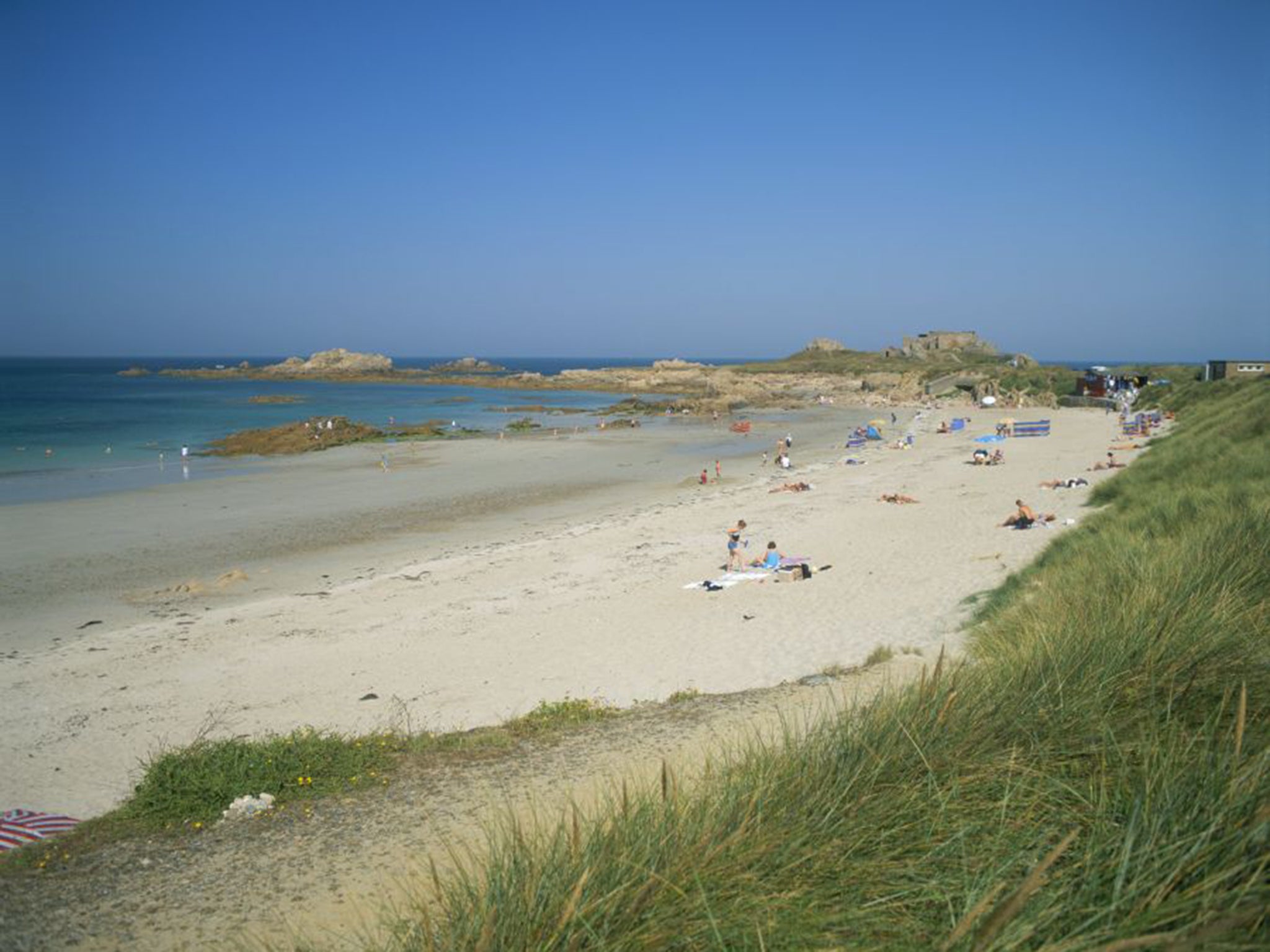Guernsey outraged by its inclusion on EU tax blacklist
'It is technically inaccurate; it is not factually correct and we need to address it quickly'

Your support helps us to tell the story
From reproductive rights to climate change to Big Tech, The Independent is on the ground when the story is developing. Whether it's investigating the financials of Elon Musk's pro-Trump PAC or producing our latest documentary, 'The A Word', which shines a light on the American women fighting for reproductive rights, we know how important it is to parse out the facts from the messaging.
At such a critical moment in US history, we need reporters on the ground. Your donation allows us to keep sending journalists to speak to both sides of the story.
The Independent is trusted by Americans across the entire political spectrum. And unlike many other quality news outlets, we choose not to lock Americans out of our reporting and analysis with paywalls. We believe quality journalism should be available to everyone, paid for by those who can afford it.
Your support makes all the difference.The island of Guernsey is famous for the warm welcome it gives to international firms keen to avoid paying their fair share of tax. But despite its reputation, its government has struck back at suggestions that it operates as a tax haven.
Its ministers are reportedly appalled that the European Commission has included the crown dependency on a tax blacklist of 30 non-EU jurisdictions branded “non-co-operative” on tax.
Even more galling for the accountants who work on the island, the blacklist fails to include other offshore rivals such as neighbouring Jersey.
The chief executive officer of the States of Guernsey, Paul Whitfield, said: “It is technically inaccurate; it is not factually correct and we need to address it quickly.
“It is well known Guernsey meets every international standard on tax transparency and co-operating including the European Commission’s own standards. I think this is just a lack of understanding about our constitution.”
Guernsey is the only crown dependency on the European Commission’s list. However the list does includes six British overseas territories – the British Virgin Islands, Montserrat, the Cayman Islands, Bermuda, Anguilla, and the Turks and Caicos.
John Christensen, the executive director of the Tax Justice Network, said he had a “certain sympathy” for officials working on Guernsey. He said: “What’s most unusual is that Guernsey is listed but Jersey is not. If you look at our financial secrecy index you will see that they both score badly – but Jersey actually scores worse than Guernsey, yet it isn’t included. This is clearly a political list and it’s hard to see what rational process has led to its creation.”
The European Commission list has been met with dismay on the island, where there are fears that it will hurt business. Andrew Whittaker, a spokesman for the Guernsey International Business Association, told the BBC: “Blacklists are very difficult to talk to investors about and when you’ve been on one you have to make a song and dance about getting off it.”
Each of the 30 countries named had been suggested by at least 10 EU members states; however, the UK did not put any names forward for the list amid suggestions it is failing to back EU moves to put pressure on tax havens.
The list of non-EU states has also faced widespread attacks from tax justice campaigners for failing to name and shame Luxembourg, the Netherlands and Switzerland, the largest alleged tax-avoidance hubs in Europe.
Murray Worthy, a campaigner with Action Aid, said the commission’s response to financial transparency was “fundamentally flawed”.
“Two of the most influential tax havens – Luxembourg and the Netherlands – have escaped inclusion on the tax haven blacklist,” he said. “Half-hearted measures such as these don’t present the solutions that are so urgently needed to tackle corporate tax dodging.”
Join our commenting forum
Join thought-provoking conversations, follow other Independent readers and see their replies
Comments